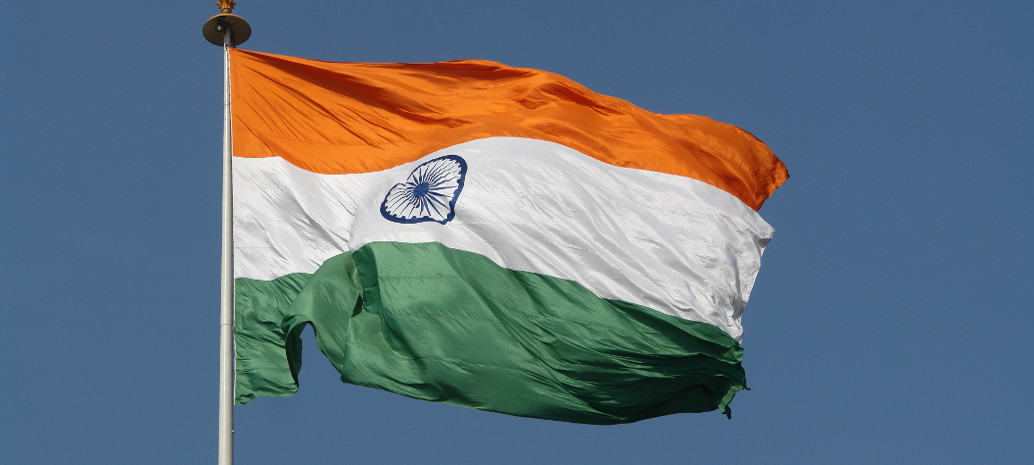The Solar Energy Corporation of India (SECI) is looking to roll out a further 1.2 GW of Interstate Transmission System (ISTS) connected solar projects. The bid-submission deadline for this global tender is February 12, 2019.
According to the request for selection (RfS) circular issued by SECI, a single bid can be for any quantity between (and including) 50 MW to 600 MW. However, the minimum capacity of each project must be 50 MW, and the maximum, 300 MW.
Developers may set up the cumulative project capacity at a single location, or subdivide it into a number of “blocks” at multiple locations. For a single project, such blocks must be located within the same State. The project may consist of any number of blocks, each being in multiples of 10 MW; the minimum capacity of each block must be 20 MW.
The projects are required to be designed for inter-connection with transmission network of CTU at a voltage level of 132 kV or above. The minimum voltage level for a single block shall be 33 kV, the circular further adds.
To be developed on a build own operate basis, the PV projects will be scattered throughout the country. Land, connectivity and long-term open access shall be in the scope of the solar power developer.
SECI will enter into a 25-year PPA with the selected developers and power procured from the above projects has been provisioned to be sold to the different buying utilities of India.
The nodal agency will purchase any excess generation over and above 10% of the declared annual capacity utilization factor (CUF) at 75% of fixed tariff mentioned in the PPA tariff. However, the developer will have to give at least 60 days advance notice for such excess generation so that SECI can find buyers for the excess energy.
This content is protected by copyright and may not be reused. If you want to cooperate with us and would like to reuse some of our content, please contact: editors@pv-magazine.com.








1 comment
By submitting this form you agree to pv magazine using your data for the purposes of publishing your comment.
Your personal data will only be disclosed or otherwise transmitted to third parties for the purposes of spam filtering or if this is necessary for technical maintenance of the website. Any other transfer to third parties will not take place unless this is justified on the basis of applicable data protection regulations or if pv magazine is legally obliged to do so.
You may revoke this consent at any time with effect for the future, in which case your personal data will be deleted immediately. Otherwise, your data will be deleted if pv magazine has processed your request or the purpose of data storage is fulfilled.
Further information on data privacy can be found in our Data Protection Policy.